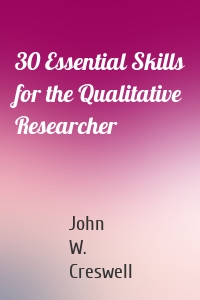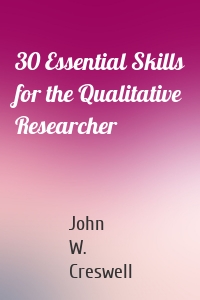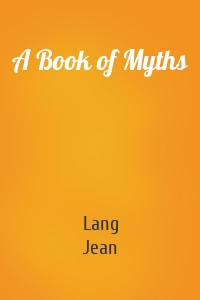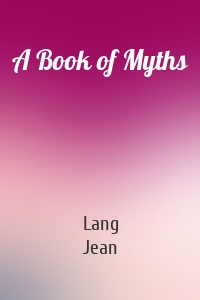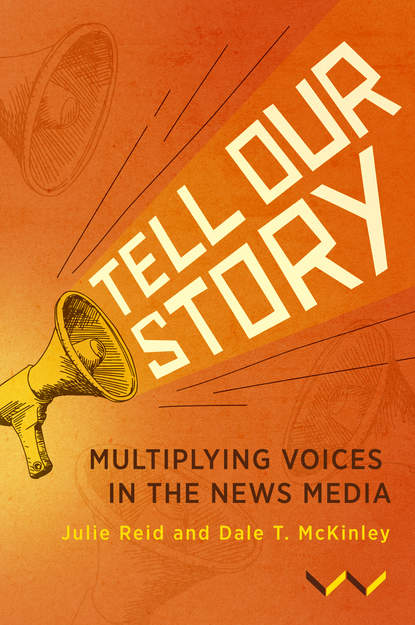
Tell Our Story скачать fb2
Julie Reid - Tell Our Story краткое содержание
Focusing on three South African communities the authors dismiss the idea that some groups are voiceless, arguing that they are being deliberately ignored by dominant news media The dominant news media are often accused of reflecting an ‘elite bias’, privileging and foregrounding the interests of a small segment of society while ignoring the narratives of the majority. The authors of Tell Our Story investigate this problem and offer a hands-on demonstration of listening journalism and research in practice. In the process they dismiss the idea that some groups are voiceless, arguing that what is often described in such terms is mostly a matter of those groups being deliberately ignored. Focusing their attention on three very different South African communities they delve into the life and struggle narratives of each, exposing the divide between the stories told by the people who actually live in the communities and the way in which those stories have been understood and shaped by the media. The three communities are those living in the Glebelands hostel complex in Durban where over 100 residents have been killed in politically motivated violence in the past few years; the Xolobeni community on the Wild Coast, which has been resisting the building of a new toll road and a dune mining venture; and Thembelihle, a settlement south-west of Johannesburg that has been resisting removal for many years. The book concludes with a set of practical guidelines for journalists on the practice of listening journalism.
Скачать книгу «Tell Our Story» Julie Reid
Чтобы оставить свою оценку и/или комментарий, Вам нужно войти под своей учетной записью или зарегистрироваться
